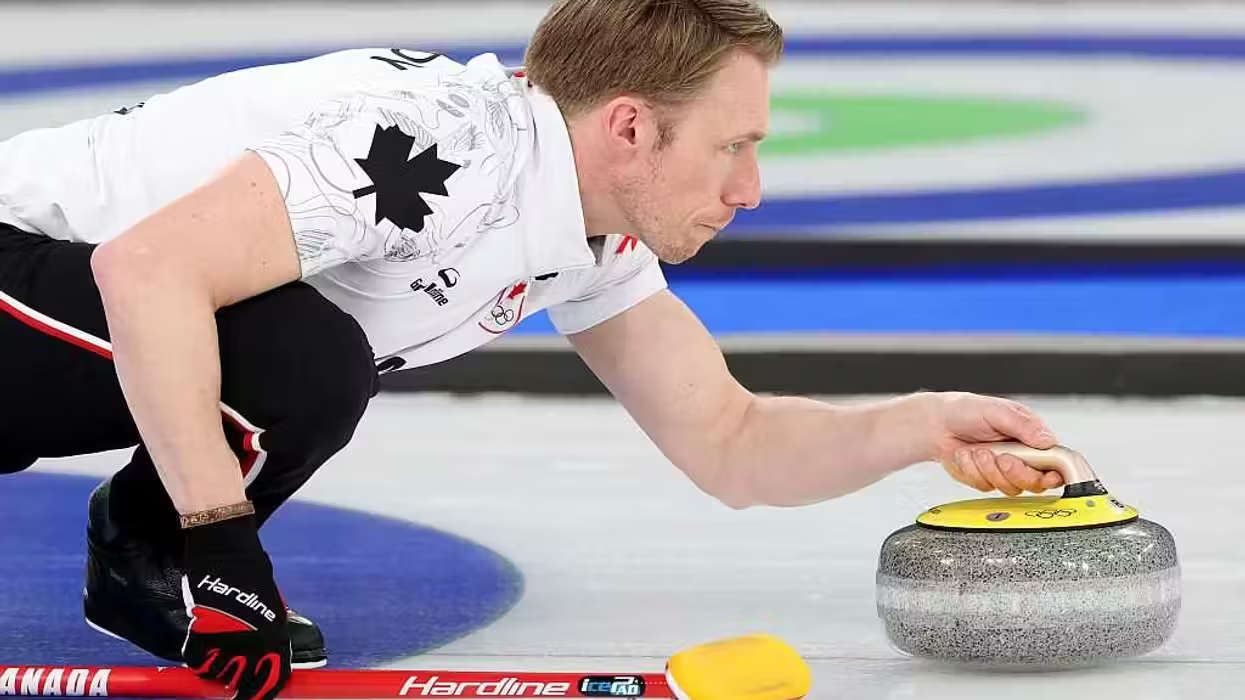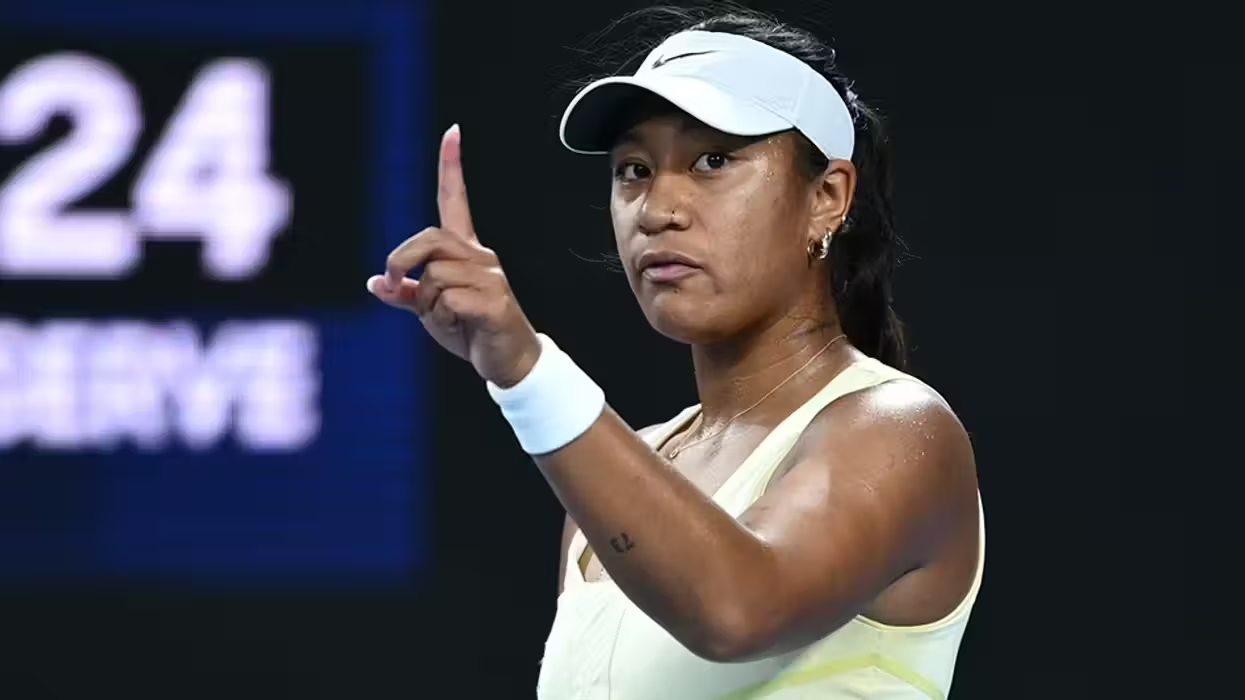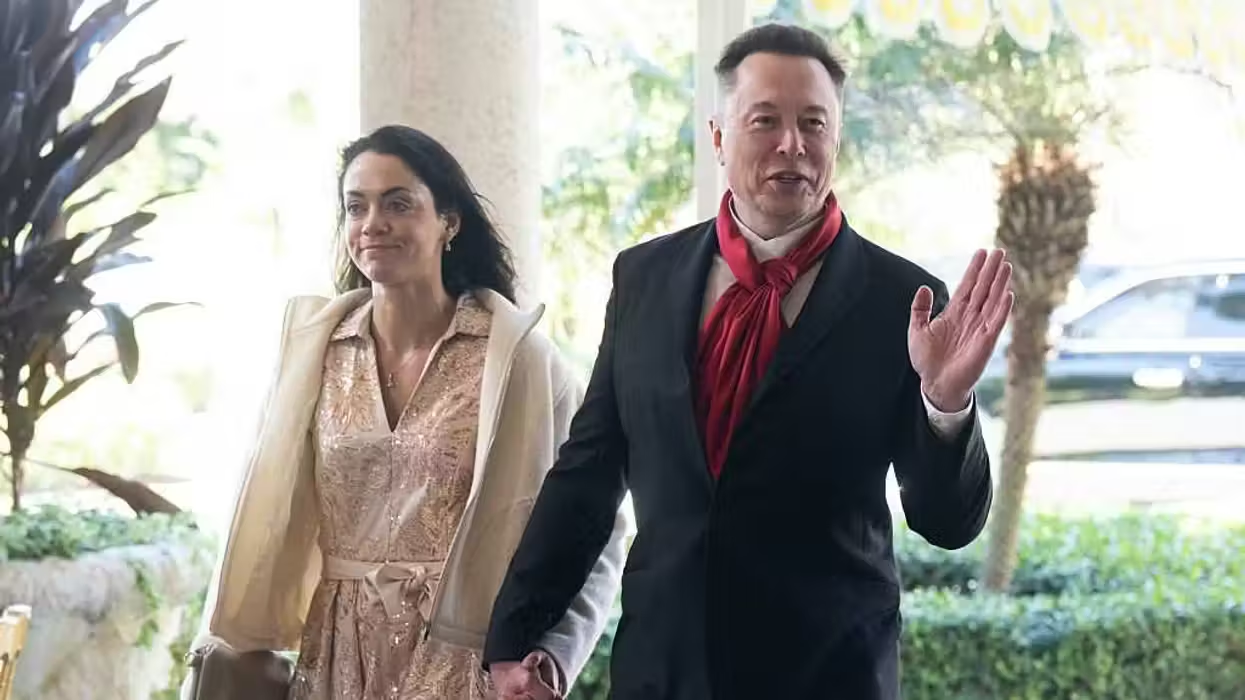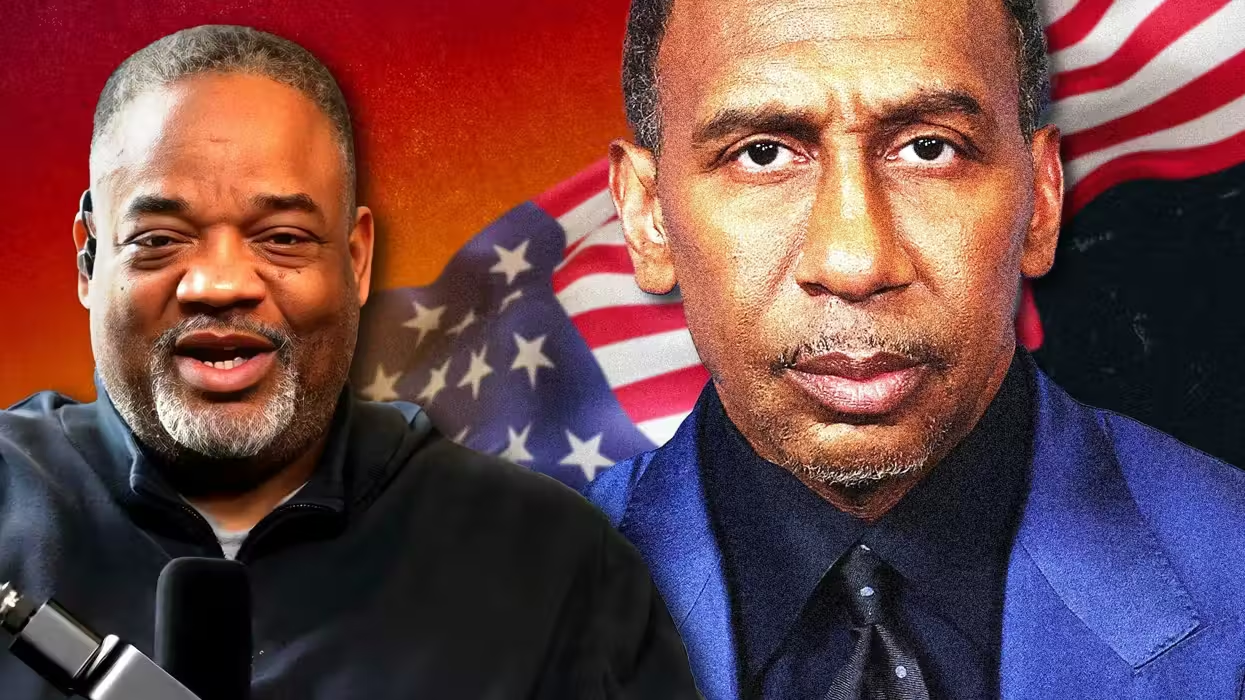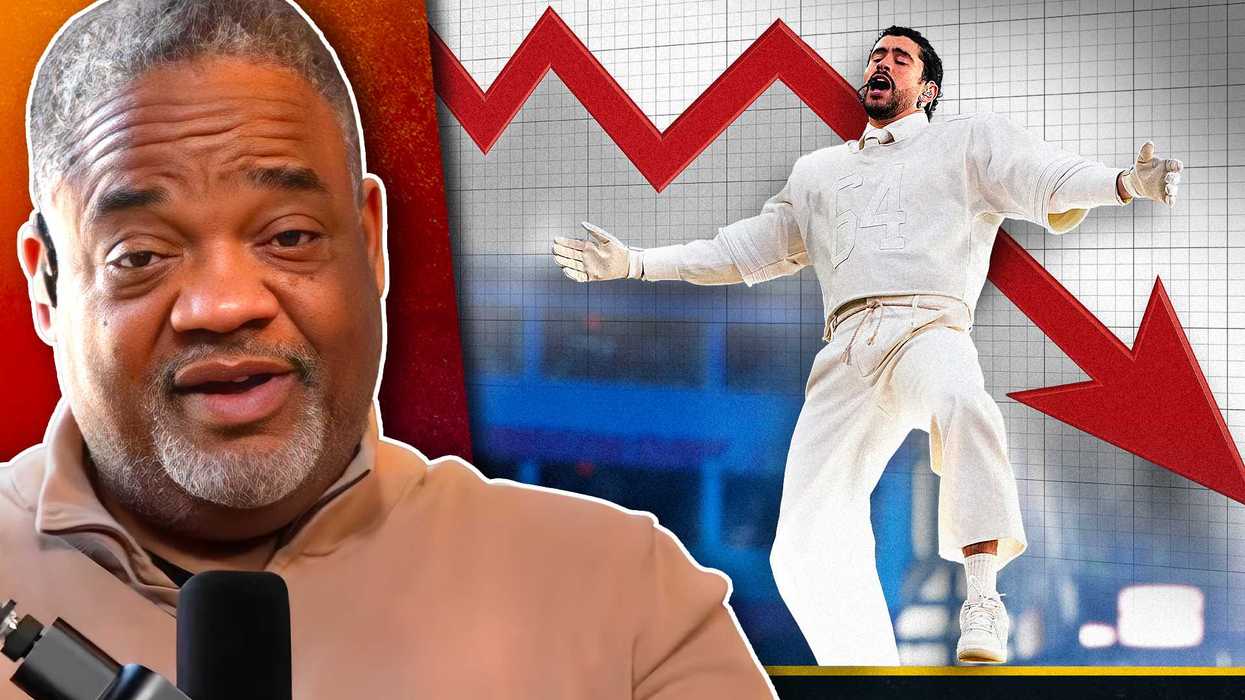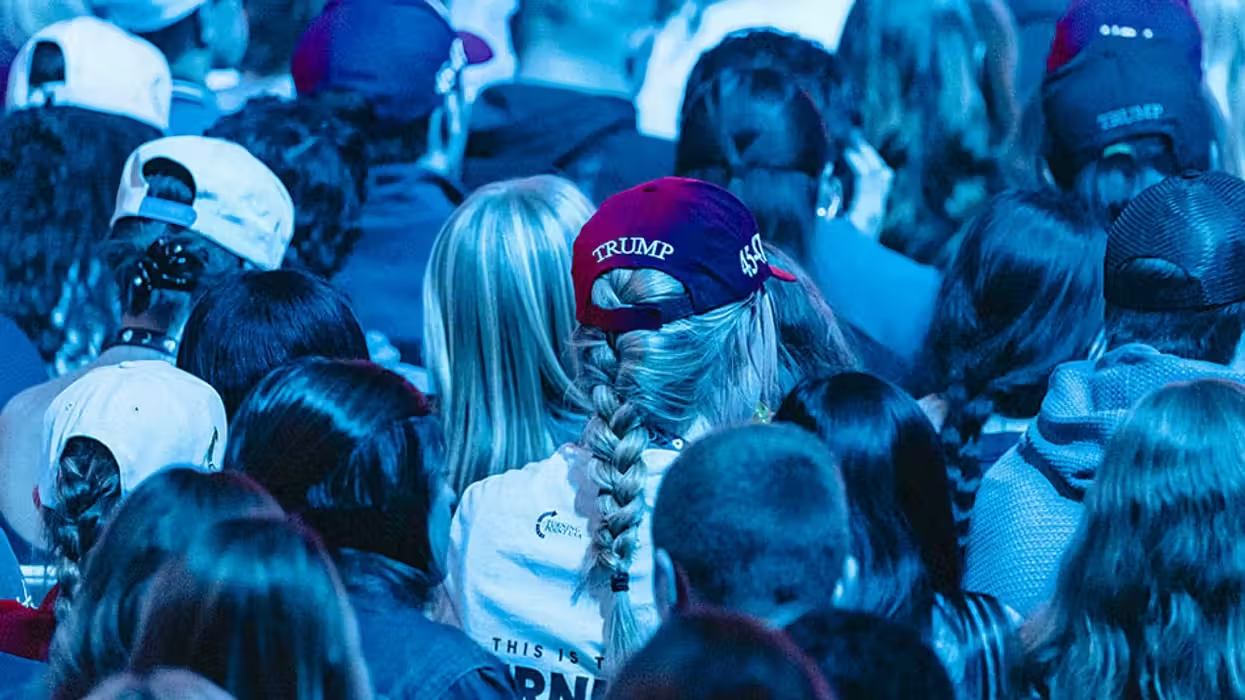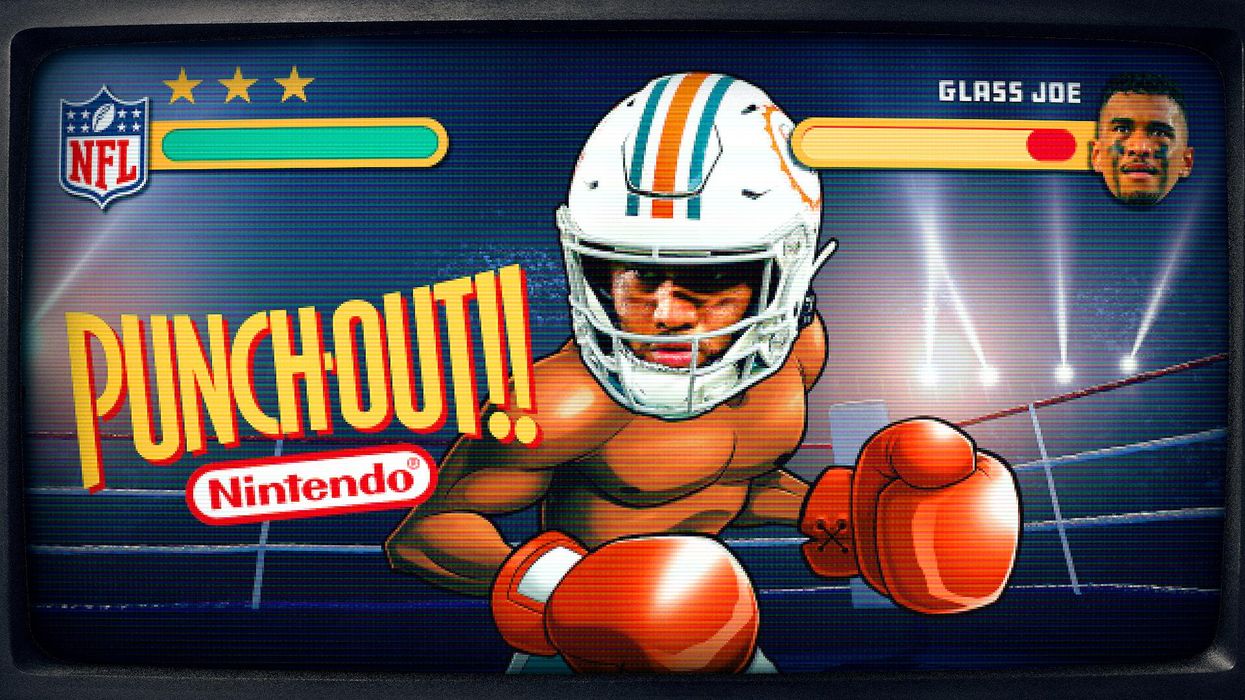
© 2026 Blaze Media LLC. All rights reserved.
It’s been four days since the Cincinnati Bengals knocked out Tua Tagovailoa, and we still haven’t asked the most obvious question:
Should Tua Tagovailoa play professional football?
His injury history suggests that the talented left-hander doesn’t have the physical makeup to survive in the NFL. While starring at Alabama, Tua suffered broken fingers, knee and ankle sprains, and a devastating hip injury. Since joining the NFL, the 24-year-old Dolphins quarterback has broken a thumb, a finger, and a rib, and in his last two games, he’s been removed twice, the last time on a stretcher.
What happened to Tua on Thursday Night Football justifiably provoked emotion. Rag-dolled to the ground by a 300-pound defender, Tua suffered temporary paralysis that disfigured his hands. It was gross. I turned off my television and never returned to the game. I didn’t want to see the replay. I felt sorry for Tagovailoa and his family.
Across social media, blue-check influencers simultaneously donned stethoscopes and unveiled law degrees, diagnosing the Dolphins and the NFL with criminal malpractice.
How could the Dolphins allow Tua to play four days after he left and returned to the Bills game after wobbling off the field with an apparent head and back injury?
Heads must roll! The NFL Players Association obliged, firing a doctor for allegedly botching the league’s concussion protocols.
The blue checks also blasted Amazon Prime’s halftime crew of Charissa Thompson, Tony Gonzalez, Ryan Fitzpatrick, and Richard Sherman for failing to mention and/or connect Tua’s latest injury to the injury that occurred four days earlier. Gonzalez made the mistake of honesty, humility, and accuracy when he suggested no one on Amazon’s panel was really qualified to second-guess the NFL’s handling of Tua’s injury.
Honesty, humility, and accuracy are the enemies of social media. Outrage is Twitter’s best friend. Outrage perverts perspective and provokes shortsighted, knee-jerk responses.
Mission accomplished.
Three days after doctors carted Tua off the field, NFL teams benched at least a dozen players because of the concussion protocols. Yahoo Sports called it the “Tua Effect.” The blue checks call it “progress.”
I call it what it is: stupidity.
You don’t change football because Tua Tagovailoa is Glass Joe.
You remember Glass Joe from the Nintendo Punch-Out video game? He was a 38-year-old French flyweight with a record of one win and 99 losses. He was the ultimate beta male and fashionista. He was the first opponent a gamer faced on his way to the title.
I’m not calling Tua a beta. He’s not. Tua is as mentally tough as any quarterback not named Jalen Hurts. Tua has a heart for the game of football. He’s just not built for it. He’s small and brittle. He can’t take a punch.
He needs to retire.
Football doesn’t need to be further softened because Tua’s genetics make him a bad fit for the NFL.
Thursday Night Football on four days’ rest is a bad concept. It’s a substandard product, and it’s unfair to the players. There are ways to protect the players, improve the game, and give the TV networks more high-end content.
Reduce the preseason to two games, expand the regular season to 18 games played over 20 weeks, and limit each player to 16 games. With a 20-week window to play 18 games, there would be no reason for any team to play after four days of rest.
With the direction the NFL is headed as it relates to concussions and its protocols, it’s going to become more and more rare for skill players to play all 17 games. You might as well build the downtime into the schedule. The Cowboys have been interesting to watch with Cooper Rush at quarterback. It would be interesting to see coaches manage their rosters over the course of the season. Which weeks and against which opponents would Andy Reid sit Patrick Mahomes? When would John Harbaugh sit Lamar Jackson?
I digress a bit.
The point of this column is that the media botched the reaction to Tua’s injury. We spent the weekend blaming the Dolphins and the NFL for Tua’s genetic shortcomings.
There’s no proof that what happened to Tua on Thursday was connected to what happened to him four days earlier. None. That’s pure speculation. What we know is Tua gets hurt a lot playing football. We know he’s not an ideal size for his position. He doesn’t appear particularly strong.
Lamar Jackson takes more hits. He doesn’t miss games.
Nothing perverts logic and nuanced conversation quite like social media. It empowers emotional thinkers and baits logical people to abandon reason. It demands that we vilify certain people based on their race, wealth, authority, and gender and certain industries based their relationship to masculinity and popularity.
Football is the bad guy. We can watch boxers and UFC fighters get concussed in the ring or octagon and applaud loudly when they shake it off and continue to fight.
Over the weekend, I watched Larry Holmes’ 1978 fight against Ernie Shavers. Shavers rocked Holmes with a right hand in the 11th round. Holmes collapsed to the canvas, got back on his feet, stumbled around the ring the rest of the round, and survived to win the fight.
My takeaway was that Holmes was a much greater champion than he’s given credit for. I didn’t rewatch the fight and think boxing needs to change.
Why are we more concerned about the health of football players than of fighters?
On social media, concern is attached to agenda, not humanity.
Editor's note: This article has been corrected to state that the NFL Players Association fired the doctor, not the Dolphins.
Want to leave a tip?
We answer to you. Help keep our content free of advertisers and big tech censorship by leaving a tip today.
Want to join the conversation?
Already a subscriber?
BlazeTV Host
Jason Whitlock is the host of “Fearless with Jason Whitlock” and a columnist for Blaze News.
WhitlockJason
Jason Whitlock
BlazeTV Host
Jason Whitlock is the host of “Fearless with Jason Whitlock” and a columnist for Blaze News.
@WhitlockJason →more stories
Sign up for the Fearless newsletter
By signing up, you agree to our Privacy Policy and Terms of Use, and agree to receive content that may sometimes include advertisements. You may opt out at any time.
Related Content
© 2026 Blaze Media LLC. All rights reserved.
Get the stories that matter most delivered directly to your inbox.
By signing up, you agree to our Privacy Policy and Terms of Use, and agree to receive content that may sometimes include advertisements. You may opt out at any time.


